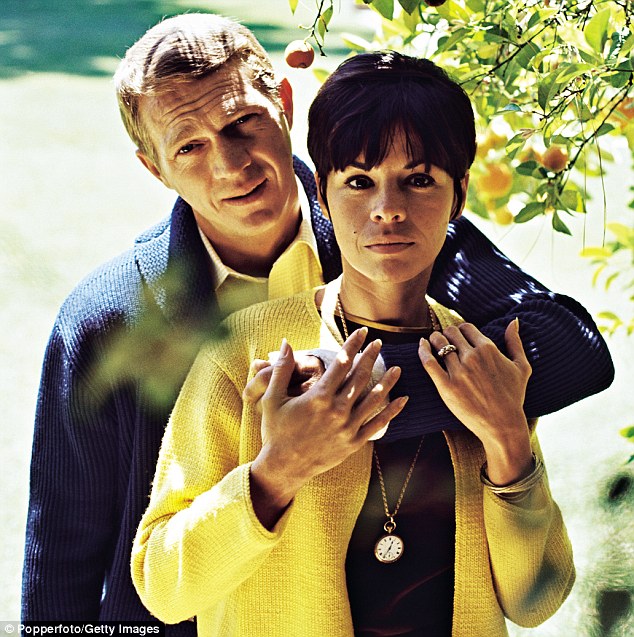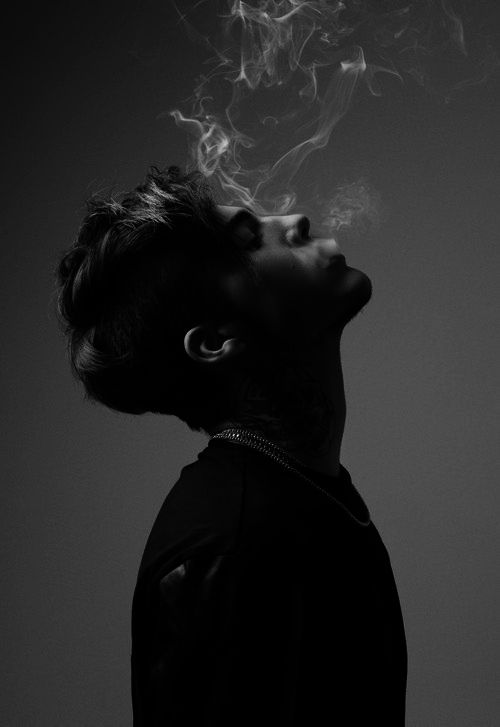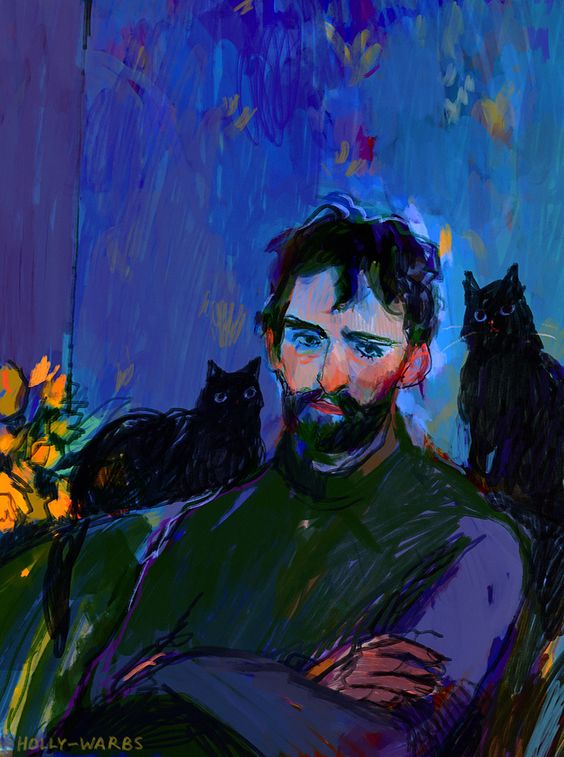 The aspect of Sun-Pluto in astrology represents a complex interplay between the self, identity, and the profound transformative forces associated with the planet Pluto. This cosmic alignment presents a unique challenge for individuals as they navigate the intricate dynamics between their solar expression and the potent, sometimes unsettling, Plutonic energies.
The aspect of Sun-Pluto in astrology represents a complex interplay between the self, identity, and the profound transformative forces associated with the planet Pluto. This cosmic alignment presents a unique challenge for individuals as they navigate the intricate dynamics between their solar expression and the potent, sometimes unsettling, Plutonic energies.
The Sun, representing the core of one’s selfhood and conscious identity, encounters Pluto’s intense influence in this aspect. Pluto, as the ruler of themes related to power, death, sex, rebirth, and renewal, brings forth deep and often hidden psychological processes. This interaction can trigger a profound inner journey where the individual is compelled to confront their own darkness, explore hidden motivations, and transform themselves at a fundamental level.
One of the key areas of impact of this aspect is the individual’s relationship with their father. The connection with the father figure is laden with complexity and pain, often revealing a sense of domineering control or a dark aura surrounding his presence. This could stem from the father embodying Plutonic energies in his demeanor or actions. The individual feels the intensity of this energy deeply, either in the form of a direct influence or through its absence. The father’s role might also be emphasized by a significant event, such as his death or an uncontrollable twist of fate that leaves a lasting scar on the individual’s psyche.
While it’s true that everyone faces the eventual loss of a parent, the Sun-Pluto aspect magnifies the impact of this loss on the individual. The grieving process becomes a profound exploration of their own vulnerability and mortality, forcing them to delve into the shadowy corners of their emotional landscape. This aspect often gives rise to a sense of being tested by life’s deeper existential questions, urging the individual to confront themes they might otherwise avoid.
As life unfolds, it can seem as though external events conspire to push the individual toward facing their buried emotions. These events might take the form of power struggles with authority figures, self-sabotaging tendencies, or even life-threatening situations. The constant pressure to engage with the deeper aspects of human experience can lead to a heightened awareness of the complexities of life, as well as a greater capacity for personal growth and transformation.
Jeane Avery’s perspective on the Sun-Pluto aspect highlights its transformative nature. The aspect challenges the ego and self-identity by removing the support of the ego prop. This removal pushes the individual to develop inner strength and resilience. Through this process, the person is compelled to become a stronger and more transformed individual, ultimately leading to personal growth and self-awareness. Jeff Green’s interpretation from “Pluto: The Evolutionary Journey of the Soul” underscores the lesson of personal power within the context of this aspect. The wound inflicted by this configuration deeply impacts the individual’s sense of self and identity. This can give rise to a feeling akin to a black hole at the core, accompanied by self-hatred. The presence of Pluto in this aspect often signifies an intense emotional attachment to something or someone significant in the individual’s life. This attachment can take on great importance and can lead to a sense of destiny being at play. The lesson involves learning about personal power through the process of transformation, often triggered by circumstances that demand change. These circumstances might feel like a symbolic death, but they also pave the way for new beginnings and personal renewal.
Stephen Arroyo’s perspective, as outlined in “Astrology, Karma & Transformation: The Inner Dimensions of the Birth Chart,” adds another layer to the interpretation. He suggests that the Sun-Pluto aspect might present greater challenges in a woman’s chart due to difficulties with the father figure. This difficulty might extend into intimate relationships, as unresolved issues with the father could influence how she relates to others. Arroyo’s interpretation hints at the potential for the wounds and dynamics associated with Sun-Pluto to shape not only the individual’s relationship with themselves but also how they interact with others in close, personal connections.
“There is often a lack of attention and true communication from the father, which leads to resentment and a feeling of being deprived love…One more correlation between these aspects and the relationship with the father seems worthwhile. I have repeatedly found …Sun aspects with Pluto very often manifest as a separation from the father that leaves deep psychological scars. The separation may be either physical (where he is simply not present due to his having left, died, or – in an amazing number of cases – simply disappeared without a trace.) or it may be a psychological separation wherein the father is present but very distant and aloof from the child….The person is compulsively “Hung up” on the father and with subsequent difficulties in establishing a clear identity.” By Stephen Arroyo
Sue Tompkins‘ concept of a “father complex” adds a psychological dimension to the understanding of the Sun-Pluto aspect. An overbearing father figure can attempt to mold the individual according to their desires, unintentionally extinguishing the individual’s inner light in the process. This complex can trigger a deep fear of challenging or surpassing the authority figure, often manifesting as an internal struggle to assert one’s own identity and purpose. The imagery of a dark shadow cast over the sense of self, purpose, and identity aptly describes the impact of this dynamic. The individual’s natural expression and identity can be overshadowed by the authority figure’s imposing presence, leading to a struggle to break free and rediscover their true self. This struggle is often fueled by a powerful desire for personal empowerment, characteristic of the Sun-Pluto type. However, this desire might be met with significant obstacles and limitations, creating a sense of frustration and thwarted potential.
Jeff Green’s reference to a potential explosive fight or “scene” with the father figure points to the potential for confrontation and conflict resulting from the clash between the individual’s desire for empowerment and the authority figure’s attempts to control. This can manifest in various ways, ranging from internal emotional turmoil to outwardly expressed power struggles and conflicts. The idea presented in “Pluto: The Evolutionary Journey of the Soul” that the cards of fate involving the father or authority figure often lead to a battle aligns with the transformative nature of the Sun-Pluto aspect. The outcome of this battle can have profound implications, either leaving the parent figure behind or catalyzing a dramatic change within them. This turning point can trigger a metamorphosis in the individual as they gradually break free from the shadow of the parent’s influence and begin to develop their own sense of purpose and destiny.
Jeff Green’s exploration of the Sun-Pluto aspect becomes even more nuanced when considering the potential for positive circumstances. While the oppressive and overpowering influence of the parent is often highlighted, Green also acknowledges the possibility of total parental support, particularly from the father figure. In such cases, the individual’s life is painted with the empowering brush of strong, positive influence that fosters personal growth and self-empowerment. The parent acts as a guiding force that empowers the individual to navigate their life independently. The core message that emerges is the importance of removing any limiting situations, people, or conditions. By doing so, the individual can activate their personal “core power” and embrace their unique individuality. This empowerment process involves recognizing and confronting the dynamics that hinder personal growth and transformation. This perspective encourages the individual to actively shape their life according to their own inner strength and sense of purpose.
The Sun-Pluto often manifests in individuals who have a strong sense of a significant destiny or fate, which can be both empowering and daunting. The wound associated with self-image is a notable aspect of the Sun-Pluto dynamic. The individual’s perception of themselves is intricately entwined with the transformative energies of Pluto. This can lead to feelings of intense self-awareness that might even give rise to a sense of paranoia. The heightened sensitivity to one’s own identity can create a constant inner dialogue and a constant awareness of how one is perceived by others. Sue Tompkins’ made reference to a potential history of social taboo and trauma brings to light the darker shades of the Sun-Pluto aspect. The wounds associated with this configuration might center around themes such as sexual abuse, violence, criminality, or madness. These themes point to the profound impact of Pluto’s transformative and often hidden forces, which can manifest as challenges that the individual is unprepared to face.
The struggle to shine amidst the shadowy aspects of life is a significant theme for Sun-Pluto individuals. The aspect can make it feel as if their identity is under a dark rock, requiring an immense effort to break free and radiate their true self. This mirrors the transformative journey they are compelled to undertake, where they must confront and integrate the darker facets of existence in order to emerge stronger and more empowered.














